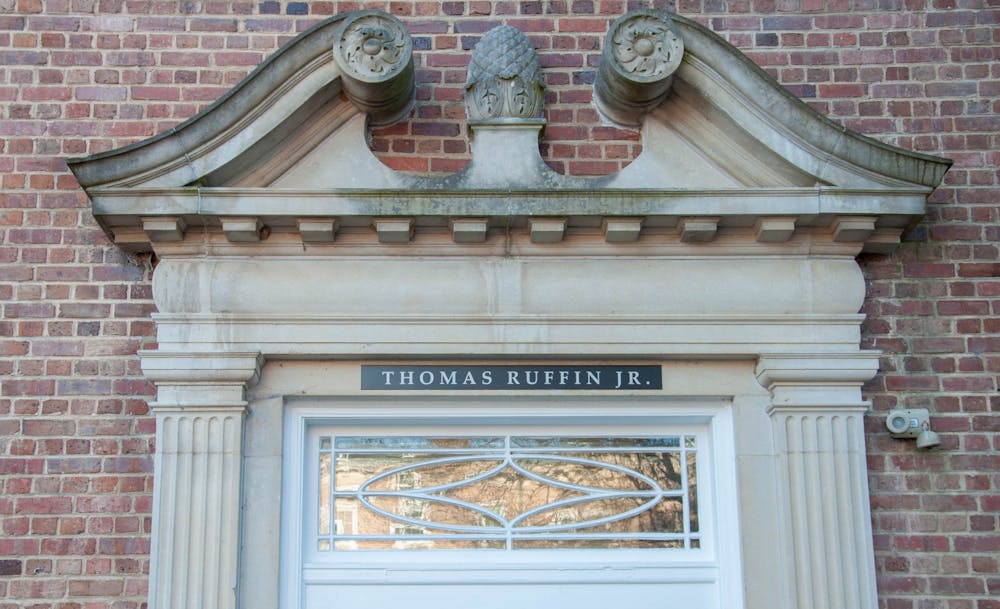On Feb. 12, the North Carolina Commission on Racial and Ethnic Disparities (NC CRED) launched an initiative to have all Confederate monuments removed from courthouse grounds across the state.
As part of the campaign, NC CRED will create and maintain a website to provide information on Confederate monuments in the state, work in coalitions to empower local communities to remove monuments through legislation and compile an accurate history of these monuments.
James Williams, Jr., chairperson of NC CRED, said the organization’s mission is to analyze the racial and ethnic inequities in the court system, and recommend ways people and stakeholders can work together to reduce the discrepancies.
In July 2015, just over a month after a race-based shooting inside Charleston, South Carolina’s Emanuel AME Church left nine African Americans dead, North Carolina’s General Assembly passed an act that banned the removal of Confederate monuments and memorials.
Williams said NC CRED issued a resolution in 2017 calling on the state legislature to repeal that act, but didn’t get much of a response.
“But certainly, there was nothing that happened between 2017 and 2020 to lessen our interest in the removal of those monuments,” Williams added.
The divisive nature of Confederate symbols and monuments has only been amplified since the Charleston killings. The 2020 deaths of Breonna Taylor and George Floyd ignited a wave of protests across the country, resulting in Confederate memorials being pulled down or defaced by protestors, including in the Triangle area.
NC CRED renewed its efforts in April 2020 by presenting a letter to North Carolina Supreme Court Chief Justice Cheri Beasley, calling for a portrait of Thomas Ruffin, a former North Carolina chief justice and defender of slavery, to be removed from the courtroom. The portrait, along with a statue of Ruffin that stood outside the North Carolina Court of Appeals, was later removed.
To many, these memorials are material vestiges of a culture of white supremacy, while other groups denounced these actions as tantamount to erasing southern history and heritage.




